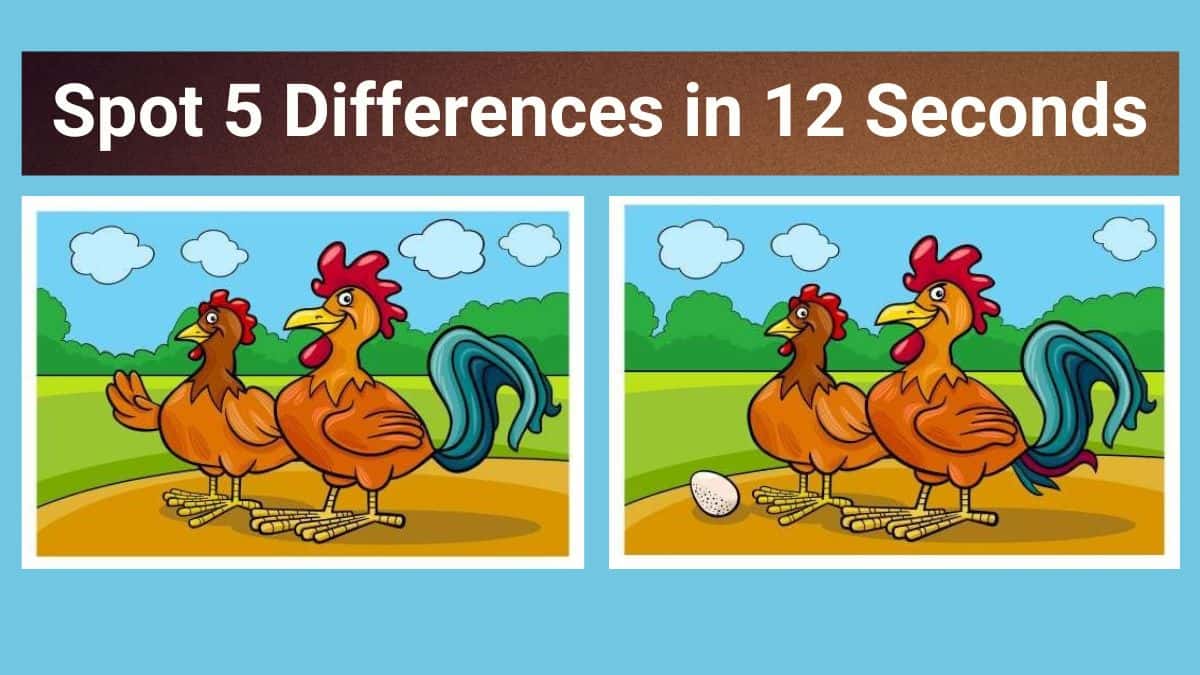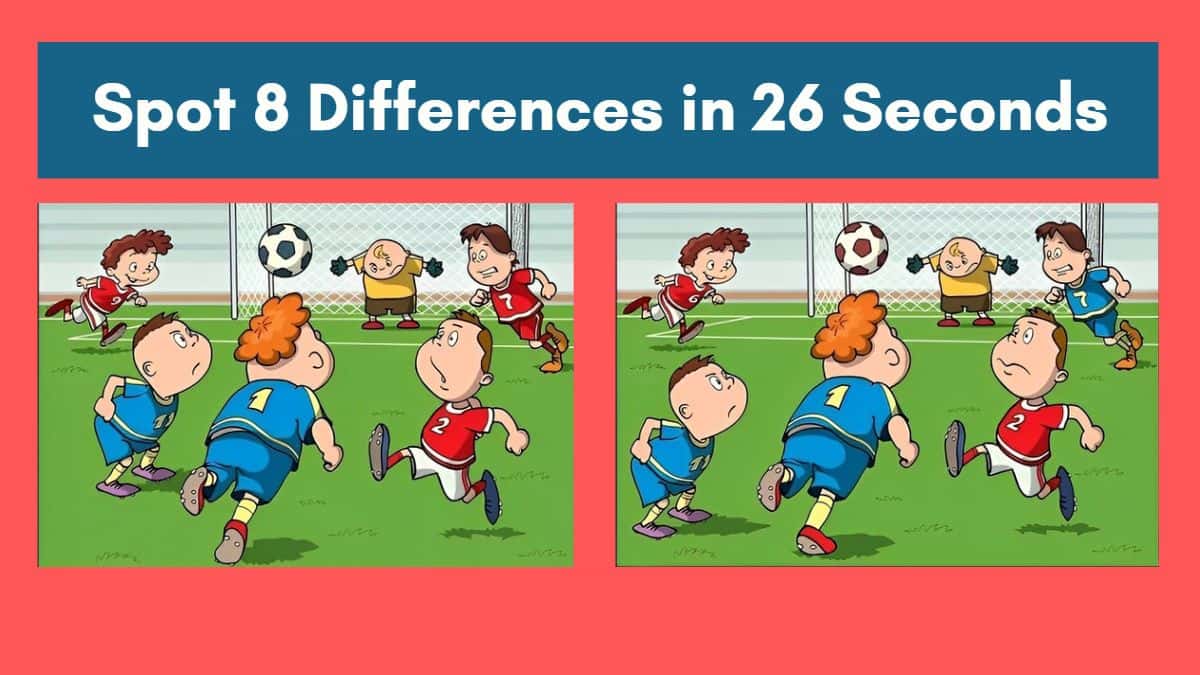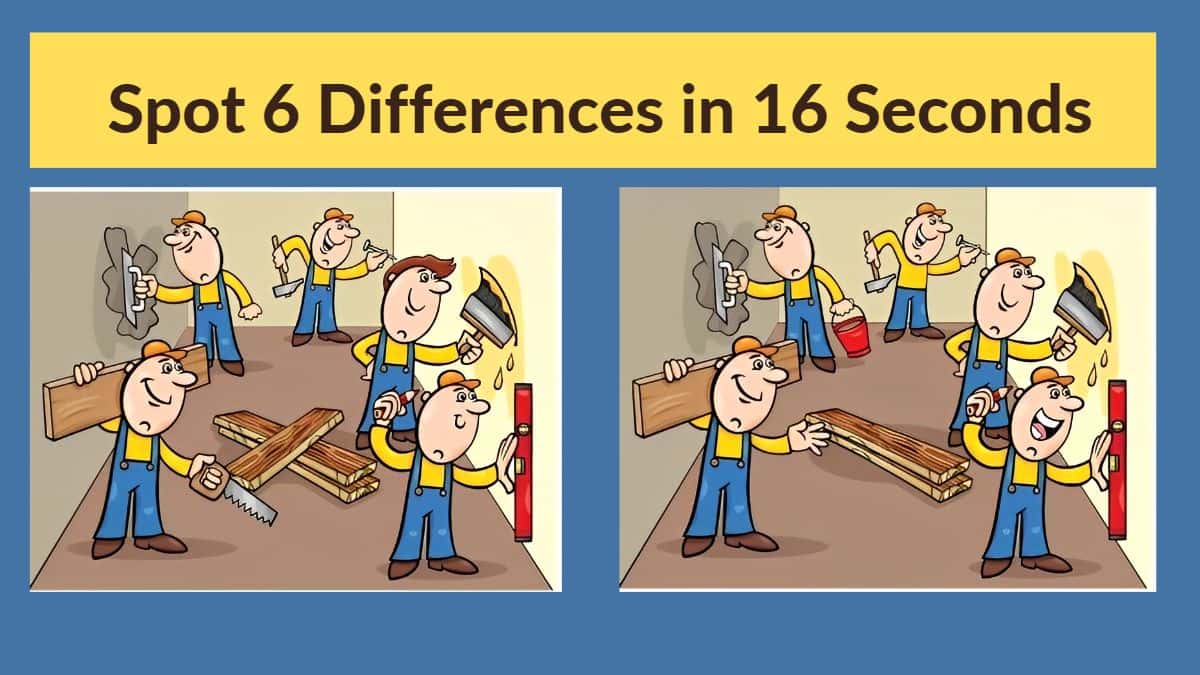Unraveling The Meaning: What Is The Difference In Memorial Day And Veterans Day?
Have you ever found yourself wondering about the special days we set aside each year to show our appreciation for those who have served our country? It's pretty common, you know, to sometimes mix up the purpose of Memorial Day and Veterans Day. Both days are truly important, and they both connect to the brave people who have worn a uniform for our nation. Yet, they are distinct, each with its own story and a very specific focus.
Understanding the core distinction between these two significant holidays is, honestly, a way to show even deeper respect. It helps us direct our thoughts and gratitude appropriately. One day, you see, is about remembering those who gave everything, while the other is about recognizing everyone who has served, whether they are still with us or have passed on from other causes.
This article aims to clear up any confusion, helping us appreciate the unique spirit of each observance. We'll explore the history and the heart of both Memorial Day and Veterans Day, so you can really tell the difference, and that's important for recognizing variations in how we reflect on service and sacrifice, as my text says, a difference is the state or condition of being unlike or dissimilar.
Table of Contents
- Understanding the Purpose: A Quick Look
- Memorial Day: A Time for Remembrance
- Veterans Day: Honoring All Who Served
- The Core Distinction Between the Two
- Why This Difference Matters
- Frequently Asked Questions
- A Final Thought on Respect and Gratitude
Understanding the Purpose: A Quick Look
When we talk about national holidays that honor our service members, it's pretty natural for Memorial Day and Veterans Day to come up in conversation. Both days are, in a way, about showing our appreciation for military service. Yet, there's a key distinction, a way in which two or more things which you are comparing are not the same, as the definition of difference tells us. One day focuses on those who made the ultimate sacrifice, giving their lives while serving. The other day is for all who have worn the uniform, whether they are still with us or have passed on from other causes.
Memorial Day: A Time for Remembrance
Memorial Day is, in some respects, a very somber occasion. It's set aside to remember and honor the military personnel who died while serving in the United States Armed Forces. This includes those who lost their lives in battle or as a result of injuries sustained during active duty. It's a day for collective mourning and deep gratitude for the highest price paid for our freedoms, you know.
The Roots of Memorial Day
The origins of Memorial Day, formerly known as Decoration Day, stretch back to the years following the American Civil War. This was a time when the nation was trying to heal from an incredibly painful conflict, and communities across the country began to decorate the graves of fallen soldiers. It was, arguably, a spontaneous outpouring of grief and respect. Many towns claim to be the birthplace of this tradition, but Waterloo, New York, officially received federal recognition as the birthplace of Memorial Day in 1966. The first large-scale observance was held at Arlington National Cemetery in 1868, led by General John A. Logan, who called for a nationwide day of remembrance. For a very long time, it was observed on May 30th, but in 1971, Congress moved it to the last Monday in May, creating a three-day weekend, which is almost certainly how most people experience it today.
How We Observe Memorial Day
On Memorial Day, people typically visit cemeteries and memorials, placing flags or flowers on graves. Many towns and cities hold parades, and there are often ceremonies at military cemeteries, where speeches are given and wreaths are laid. The national moment of remembrance, which encourages all Americans to pause at 3:00 PM local time for one minute of silence, is a significant part of the day. It's a day for quiet reflection, for thinking about the immense sacrifice, and for making sure those lives are not forgotten. It’s a day, too, for families to gather, often marking the unofficial start of summer, but the true meaning remains centered on remembrance.
Veterans Day: Honoring All Who Served
Veterans Day, on the other hand, is a day of celebration and appreciation for all those who have served in the United States Armed Forces, whether in wartime or peacetime. This includes those who are still with us, those who have retired, and those who have passed away from natural causes after their service. It's a recognition of their commitment, their courage, and their willingness to put their lives on the line for our country, so it's a bit different in its overall feel.
The History Behind Veterans Day
Veterans Day has its origins in Armistice Day, which was first celebrated on November 11, 1919, marking the one-year anniversary of the end of World War I. President Woodrow Wilson proclaimed that day as a time for reflection and gratitude for the sacrifices made during that global conflict. For many years, it was a day to honor World War I veterans, but after World War II and the Korean War, it became clear that the nation needed a day to honor all veterans, regardless of the conflict they served in. So, in 1954, Congress changed the name from Armistice Day to Veterans Day, making it a day to honor all American veterans of all wars. This change, you know, really broadened the scope of the holiday.
How We Observe Veterans Day Today
Veterans Day is celebrated with parades, ceremonies, and events across the country. Many schools and businesses close, and there are often special discounts or meals offered to veterans as a gesture of thanks. People might wear red, white, and blue, or fly the American flag. It's a day to actively thank living veterans for their service, to hear their stories, and to recognize the contributions they've made to our society. It's a day of pride and gratitude, a time to acknowledge the enduring impact of their service. You can learn more about veterans' benefits and services on our site, which is, in a way, a continuous form of gratitude.
The Core Distinction Between the Two
The most significant difference between Memorial Day and Veterans Day is the specific group of individuals each holiday honors. Memorial Day is, quite simply, for remembering those who died while serving in the military. It's a day of solemn remembrance for fallen heroes. Veterans Day, by contrast, is for honoring all who have served in the military, living or deceased. It's a day to show appreciation for the service of all veterans. This is a clear instance where the meaning of difference is the quality or state of being dissimilar or different, as my text points out. It’s not just a slight variation; it’s a fundamental unlikeness in purpose.
To tell the difference between these two days is to see how they are unlike each other, to use the words from my text. One focuses on loss and sacrifice in service, while the other celebrates the act of service itself, acknowledging everyone who has worn the uniform. It's like the difference between two things being the way in which they are unlike each other. Memorial Day is a time for mourning and reflection on lives given, while Veterans Day is a time for gratitude and recognition of service rendered.
For example, if you see someone wearing a poppy on Memorial Day, it's a symbol of remembrance for those who died. On Veterans Day, you might see parades where veterans of all ages march, and people cheer for them. These actions illustrate the different focuses. The way in which two or more things which you are comparing are not the same is quite apparent when you look at the activities associated with each day, too it's almost a difference of degree but not of kind, in some respects.
Why This Difference Matters
Understanding the distinction between Memorial Day and Veterans Day is more than just knowing a calendar date; it’s about showing proper respect and appreciation. When we confuse the two, we risk diluting the specific meaning and purpose of each day. Knowing that Memorial Day is for those who paid the ultimate price helps us truly appreciate the gravity of their sacrifice. Similarly, knowing that Veterans Day honors all who served allows us to extend our gratitude to the many individuals who have contributed to our nation's security and well-being, even if they never saw combat.
It helps us, you know, to direct our thoughts and actions appropriately. On Memorial Day, we might pause for a moment of silence or visit a grave. On Veterans Day, we might thank a veteran we know or participate in an event celebrating their service. These differing actions reflect the core unlikeness in what each holiday means. It's about recognizing variations and contrasts in various contexts, which is, honestly, a pretty important thing for a respectful society. For more details on the history of these observances, you could visit the U.S. Department of Veterans Affairs website.
By keeping these meanings clear, we ensure that both the profound sacrifice of the fallen and the dedicated service of all veterans receive the specific recognition they deserve. It's a way of honoring their unique contributions in a truly thoughtful manner. It's about, basically, getting it right, which is something we all want to do when it comes to showing respect for our service members.
Frequently Asked Questions
Are Memorial Day and Veterans Day the same holiday?
No, they are not the same, actually. While both holidays honor military personnel, Memorial Day specifically remembers those who died while serving in the military. Veterans Day, conversely, celebrates and thanks all individuals who have served in the U.S. Armed Forces, whether they are living or have passed away from other causes after their service.
Which day honors living veterans?
Veterans Day, which falls on November 11th each year, is the day set aside to honor and celebrate all living veterans. It's a time for communities to express gratitude directly to those who have served our country and are still with us. You know, it's a really special day for them.
When is Memorial Day celebrated?
Memorial Day is observed on the last Monday of May each year. This creates a three-day weekend, which for many people marks the unofficial start of the summer season. However, its true purpose remains a solemn remembrance of those who gave their lives in service.
A Final Thought on Respect and Gratitude
As we mark these important days on our calendar, whether it's Memorial Day in late spring or Veterans Day in the fall, understanding their distinct purposes truly deepens our appreciation. It allows us to honor the fallen with the solemnity they deserve and to thank our veterans with the heartfelt gratitude they've earned. So, next time these holidays come around, you can, like, share this knowledge with others, helping everyone truly grasp the meaning behind each observance. It's a small way to give back, really, to those who have given so much. We also have more information on the history of American holidays on our site, if you're curious.

Spot The Difference: Can you spot 5 differences between the two

Spot The Difference: Can You spot 8 differences between the two images

Spot The Difference: Can you spot 6 differences between the two images